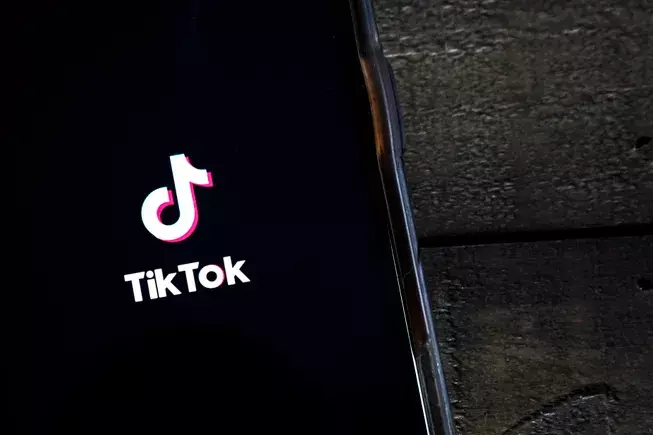The fate of TikTok in the United States hangs precariously in the balance, exemplifying the volatile intersection of technology, geopolitics, and corporate interests. Despite numerous claims from policymakers and industry insiders, the app remains in a legal gray area. Officially, it is prohibited under U.S. law to operate without a data security framework approved by the government, yet in practice, TikTok continues its operations largely unimpeded. This discrepancy highlights a broader disconnect between legislative intent and enforcement, revealing how political motives can sometimes override rule of law for short-term strategic gains. While President Trump signaled intentions to force a sale or ban, the reality on the ground tells a different story: TikTok persists, suggesting that commercial realities and diplomatic considerations influence the outcome more than official rhetoric.
Failed Deals and Emerging Power Struggles
One of the most significant developments in this saga is the collapse of major partnership efforts intended to facilitate TikTok’s sale. The consortium led by Susquehanna International Group, General Atlantic, Oracle, and other heavyweights had initially appeared poised to buy TikTok’s U.S. operations, with U.S. investors poised to take controlling stakes. However, the recent withdrawal of Blackstone, a prominent private equity firm, has dealt a blow to this plan. Their exit signals internal disagreements, shifting priorities, or perhaps doubts about the long-term viability of the deal. The withdrawal raises questions about whether the remaining players can reconfigure a workable agreement before the looming September deadline.
This situation illustrates how complex and fragmented the process has become, with multiple stakeholders holding divergent interests. The U.S. government’s heavy-handed push for a rapid divestment is clashing with the practical realities of negotiations, investor confidence, and corporate strategy. It also underscores how political considerations—especially amidst ongoing trade tensions with China—are causing chaos and uncertainty, rather than providing clarity.
The High Stakes of Geopolitical Strategy
What makes TikTok’s situation truly alarming is its transformation from a simple social media platform into a geopolitical pawn. Once celebrated for its innovative approach to short-form video content, TikTok now symbolizes broader tensions between the U.S. and China. The app’s potential ban or sale is entangled with fears about data security, intelligence risks, and national sovereignty. Ironically, these concerns overlook the fact that the app operates on servers in multiple countries, with data flows often dictated by opaque corporate policies.
Moreover, TikTok’s future hinges on a complex web of international negotiations. The U.S. has levied tariffs and sanctions on Chinese goods, and restrictions on TikTok risk becoming part of a broader strategy to hinder Chinese technological influence. This tug-of-war underscores how economic trade policies are spilling over into the digital realm, with platforms like TikTok caught in the crossfire. The app’s fate could serve as a bellwether for future international conflicts over digital sovereignty and control.
What Lies Ahead for TikTok and Its Creators
As the deadline approaches, uncertainty reigns. There is a real possibility that TikTok could face a complete ban if a suitable deal isn’t struck, effectively silencing a platform that has revolutionized social media in recent years. For content creators, many of whom depend on TikTok for income and fame, this instability poses existential risks. While the app’s operational status remains ambiguous, the threat of government intervention creates an environment of unpredictability that stifles innovation and engagement.
Looking beyond the immediate political calculus, the longer-term implications are profound. If TikTok is forced to exit the U.S. market, it will not only diminish diversity in social media but also accelerate the fragmentation of the global digital landscape. Countries may follow suit with their policies, leading to a Balkanized internet where platforms are restricted by borders and political allegiances.
In the end, TikTok’s future in America hinges on dance of diplomacy, corporate negotiations, and political will. For now, it appears the app’s survival is less about technology and more about power plays—an arena where strategic interests often trump public interest or economic stability. The coming weeks will reveal whether TikTok can navigate this treacherous terrain or fade into the background of geopolitical collateral.


Leave a Reply